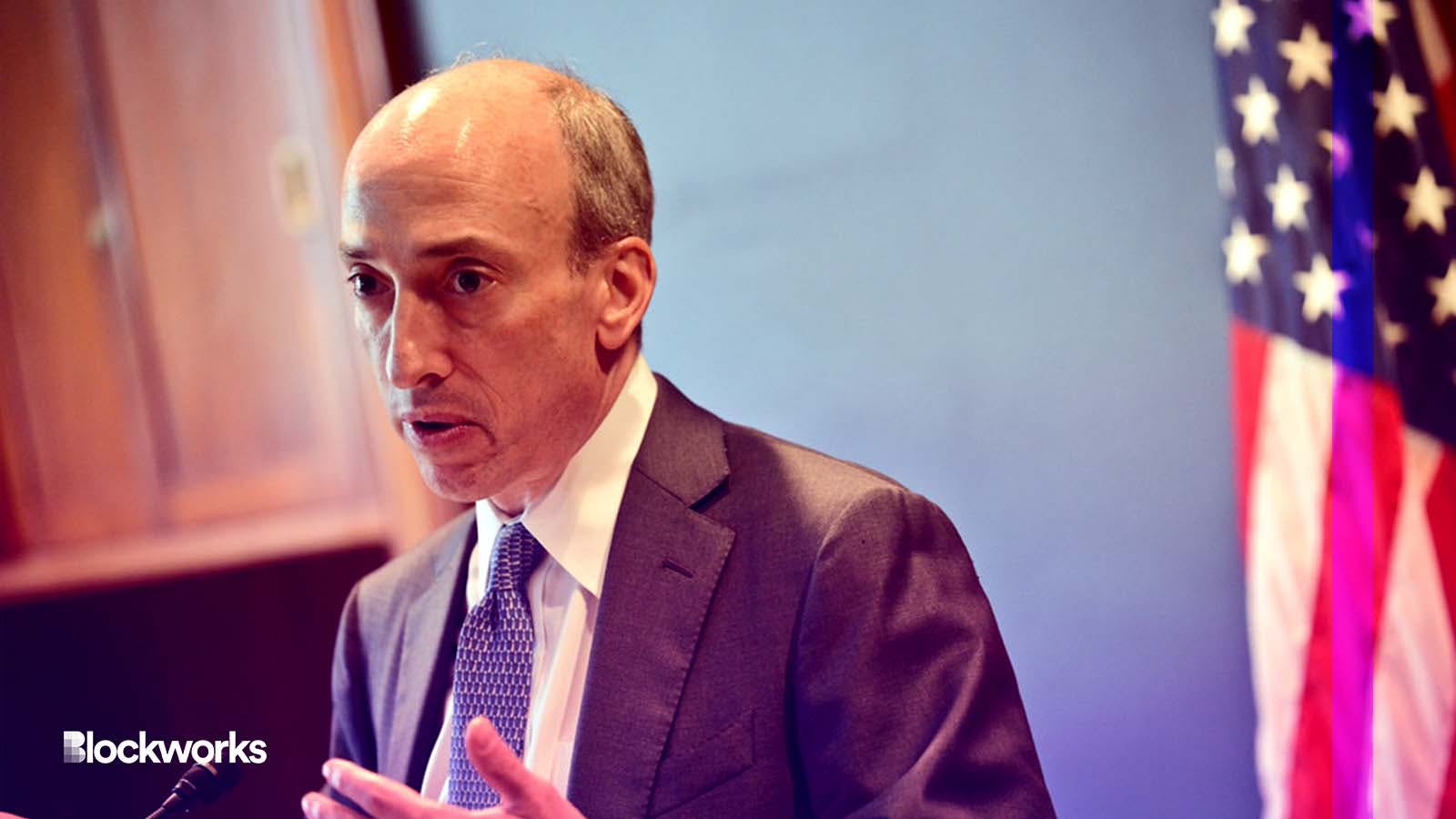Crypto Is the ‘Wild West,’ Gensler Tells US Army
“Most of these 10 or 15,000 tokens will fail,” Gensler said in a Wednesday Twitter spaces collaboration between the SEC and the Army

SEC Chair Gary Gensler | Source: Third Way "Gary Gensler" (CC license)
The latest audience to Gary Gensler’s long running crypto skepticism? The US Army.
When it comes to speculative assets — which include digital ones, in the newest iteration of the SEC chair’s crypto critiques — Gensler remains skeptical as ever, he said during a Twitter spaces hosted by the Army on Wednesday.
In a session branded as financial advice for US service members, Gensler said most cryptocurrencies lack proper regulatory compliance and use cases. The crypto industry is the “Wild West,” per Gensler, adding, once again, that it’s easy to get caught up in “FOMO” swirling around the sector. Or at least the fear of missing out that was prevalent before the bear market.
Traders and companies should proceed with caution, Gensler said during the spaces, as most currencies are not currently abiding by the law.
“Most of these, again, are not complying with the securities laws, but they should be,” Gensler said.
Gensler doubled down on many of his previous comments on Wednesday, saying that the value proposition for digital assets is just not there.
“Most of these 10 or 15,000 tokens will fail,” Gensler said. “That’s because venture capital fails, new startups fail — but also because history tells us that there’s not much room for micro currencies, meaning, you know, we have the US dollar and Europe has the euro and the like.”
The sentiment highlights one key area of concern for Gensler and the SEC more broadly: how crypto tokens are classified. If cryptocurrencies are securities, they would fall under the SEC’s purview.
Gensler’s office has issued a series of enforcement actions — most recently declaring FTX’s native FTT exchange token a security. They’ve escalated in recent months.
“The classification of FTT as a security is no surprise as it is in line with the LBRY action and the Ripple action,” Abiel Garcia, partner at Kesselman, Brantly & Stockinger LLP, told Blockworks last month. “It is clear that the SEC now believes crypto tokens can fall within the securities definition and plans to enforce that concept in full force.”
The SEC head has also placed crypto intermediaries on notice, suggesting that they need to register with the agency during his testimony before the US Senate Committee on Banking, Housing, and Urban Affairs in September.
“Given that most crypto tokens are securities, it follows that many crypto intermediaries — whether they call themselves centralized or decentralized — are transacting in securities and have to register with the SEC in some capacity,” Gensler said during the September hearing.
Get the news in your inbox. Explore Blockworks newsletters:
- The Breakdown: Decoding crypto and the markets. Daily.
- 0xResearch: Alpha in your inbox. Think like an analyst.






